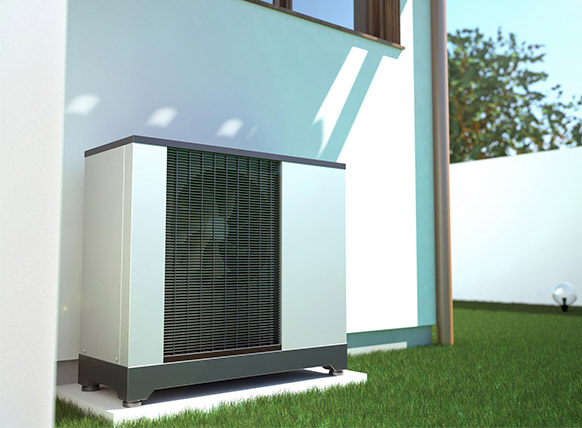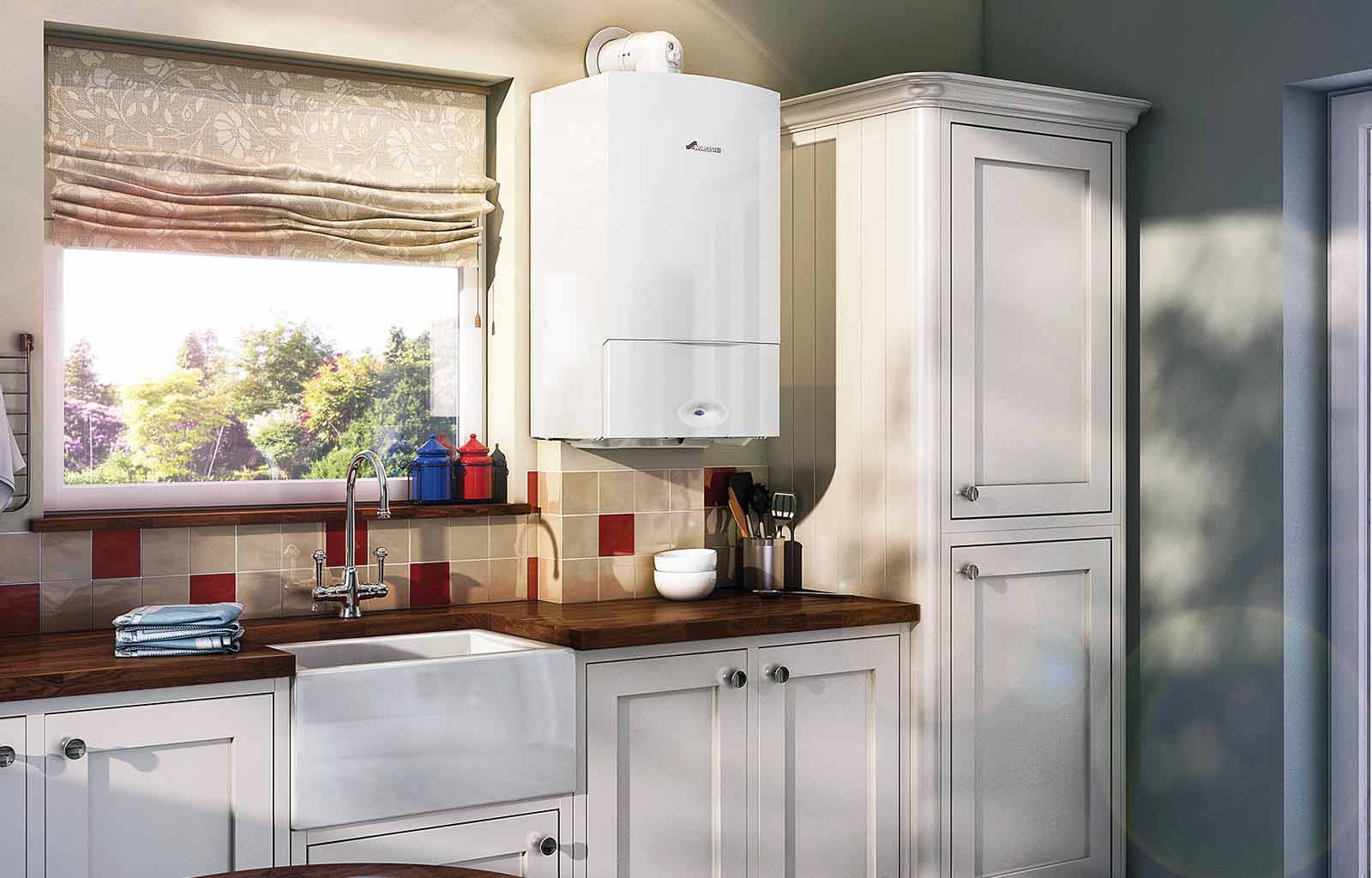

What's the best heating solution for your home?


Chris Lovatt, Chief Operating Officer of E.ON Energy Infrastructure Services, discusses different heating solutions for your home to help you to decide how best to heat your home, whilst being as sustainable as possible.
For many of us, our gas boiler is the main way we heat our homes, and we couldn’t quite imagine our homes without them.
There are now around 23 million homes in the UK currently connected to the gas grid1, heating their homes using a boiler and gas central heating.
Our homes account for around 15% of the country’s greenhouse gas emissions. And with the urgent need for action on climate change and the UK Government’s targets to achieve net zero by 2050, it’s crucial that we ensure we heat our homes in the most efficient way possible.
People are talking more and more about heat pumps and alternative ways to heat your home. And with the Government set to introduce a ban on installing gas boilers in new homes from 2025, it can often be confusing to know which heating solution to choose.
Here we look the different heating solutions available, to help you understand how best to stay warm and healthy at home, whilst being sustainable at the same time.


Boilers
Whilst boilers are one of the main reasons for the high emissions from our homes as they run on gas, modern boilers are much more efficient than older models. So, it’s really important that if you heat your home using a gas boiler you check the age of your boiler and if it’s older than 10-15 years old, look to upgrade to a more energy efficient one.
There are three main types of boilers used in homes across the UK, combi, regular and system boilers and each of these boilers offers different benefits depending on the size of your home, number of rooms you have to heat, number of bathrooms and space you have for a boiler and hot water tank.
Efficiency levels of boilers in the UK are based on how much fuel is converted into usable energy. E.ON’s boilers are 94% efficient, which means only 6% of the fuel used by the boiler is wasted. And by switching to an energy efficient boiler, you could save around £200 a year on your energy bills2.
Heat pumps
Heat pumps are an alternative, more energy efficient choice for heating your home and water and as well as being low maintenance, they can help to cut your heating costs and lower your carbon footprint.
However, they are much more expensive to install with prices starting at around £6,000. The amount you pay will vary depending on the type of heat pump you install and the size of your home. But the money spent should be seen as an investment for your home and the planet.
The Government aims to install 600,000 in UK properties by 20283 as part of its plans to achieve net zero by 2050, so there is likely to be more focus on installing these in properties over the next few years.
Heat pumps work differently to gas boilers. They don't create heat; instead they recirculate it by moving heat from one area to another. They also don't emit nitrogen dioxide like boilers do and so are a more sustainable solution for heating your home.


There are two types of heat pumps: air source and ground source.
Air source heat pumps look similar to an air conditioning unit, are housed outside a property and draw in heat from outside air - even if it's cold outside. A liquid contained in the heat pump absorbs the heat from the air, then the system compresses it in order to increase the temperature. This heat is then transferred into your central heating and hot water system ready to be transferred around your home.
Ground source heat pumps use pipes dug below the surface of your garden to extract heat from the ground. This is used to heat radiators or warm air heating systems as well as hot water in your home.
Whilst heat pumps can be quite costly to install, and the cost varies depending on each property and the needs of those living in it, there are schemes available offering free or partially funded heat pumps if you are eligible, for example the Green Homes Grant Local Authority Delivery Scheme
Hydrogen boilers
Hydrogen boilers are a more sustainable alternative to gas central heating and could provide heating and hot water to homes in the same way that gas boilers do currently.
Whilst there is still a way to go on developing and being able to purchase these boilers, prototypes of hydrogen ready boilers are being developed, where you can burn gas in them and then by changing out components, you’ll be able burn hydrogen in the future.
As well as being more sustainable, one of the other main benefits of a hydrogen boiler is that it would look and work in the same way as a gas boiler so would be familiar technology in the home.
However, they are likely to be more expensive for homeowners to install and the technology is not quite ready yet.


So, if you're looking for a reliable heating source, as well as a way to cut your heating costs and reduce your carbon footprint, an energy efficient boiler or a heat pump are the best options to choose right now.
It’s also important to remember that any heating solution works better in an energy efficient home, so ensuring you have the right amount of insulation in your home, draughts around doors and windows are sealed and you have double glazing will all help to ensure whichever heating solution you choose, your home is more sustainable.
Learn more about how you can take climate action.
1. CCC: 'UK homes unfit for the challenges of climate change' report
2. Savings information for boilers in the UK provided by the Energy Saving Trust, based on a semi-detached house with a boiler rating of G
3. Gov.uk: Ten point plan for a green industrial revolution


Our blog
Read our latest blogs to discover how E.ON is leading the energy transition through smart and sustainable solutions.


Boilers
Because living without heating and hot water isn’t an option.


Air source heat pumps
Get heat from thin air, for a clean way to heat your home.
